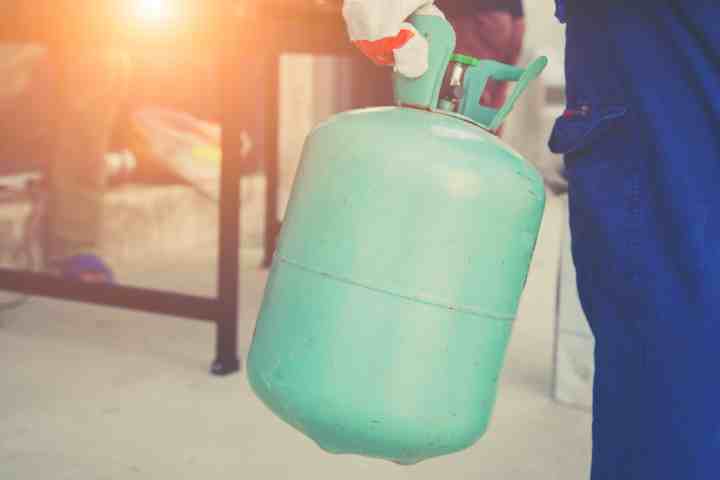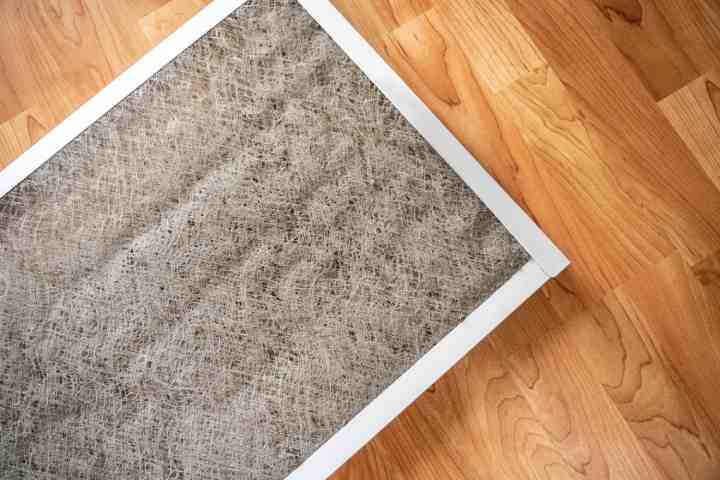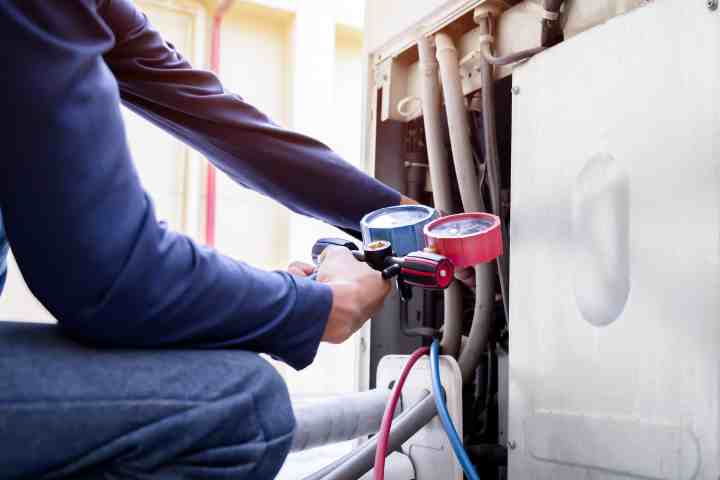If you have an air conditioning or refrigeration system that uses a compressor and evaporator to cool or chill air or liquid, you may have heard about Freon. Freon is a brand name for a type of refrigerant, also known as R-22, that has been commonly used in such systems for decades. However, due to its harmful impact on the environment and the ozone layer, the production and import of R-22 has been phased out since 2010, and its use was completely banned in the United States in 2020.
One of the reasons why Freon has been widely used is its ability to absorb and release heat efficiently, which is essential for the cooling or chilling process. However, Freon can leak or evaporate over time, especially if there is a leak or a problem with the system. When the level of Freon in the system drops, the system may not function properly or efficiently, leading to reduced cooling or chilling capacity, increased energy consumption, and potential damage to the compressor.
So, is it normal for a unit to need Freon added every so often? The answer is no. A properly functioning and well-maintained system should not lose or consume Freon over time. If your system needs Freon added frequently, it is a sign of an underlying issue that needs to be identified and addressed. Common causes of Freon leaks or losses include:
- Damaged or worn-out components, such as coils, valves, or lines
- Improper installation or maintenance, such as undercharging or overcharging the system
- Corrosion or rusting of the metal parts due to exposure to moisture or chemicals
- Age-related wear and tear, such as cracks or holes in the tubing or insulation
To diagnose and fix a Freon leak or loss, you should contact a licensed and qualified HVAC technician. The technician will use specialized tools and techniques to detect the location and extent of the leak or loss, and then repair or replace the affected components. The technician may also recharge the system with the proper amount and type of refrigerant, which may not be Freon if your system is newer or has been retrofitted to use a different refrigerant.
In summary, a unit should not need Freon added every so often, as this indicates a problem that needs to be resolved. Regular maintenance and inspections can help prevent and detect issues that can lead to Freon leaks or losses, as well as ensure that your system is running efficiently and safely. Contact a reputable HVAC company to schedule a tune-up or repair for your cooling or refrigeration system.



